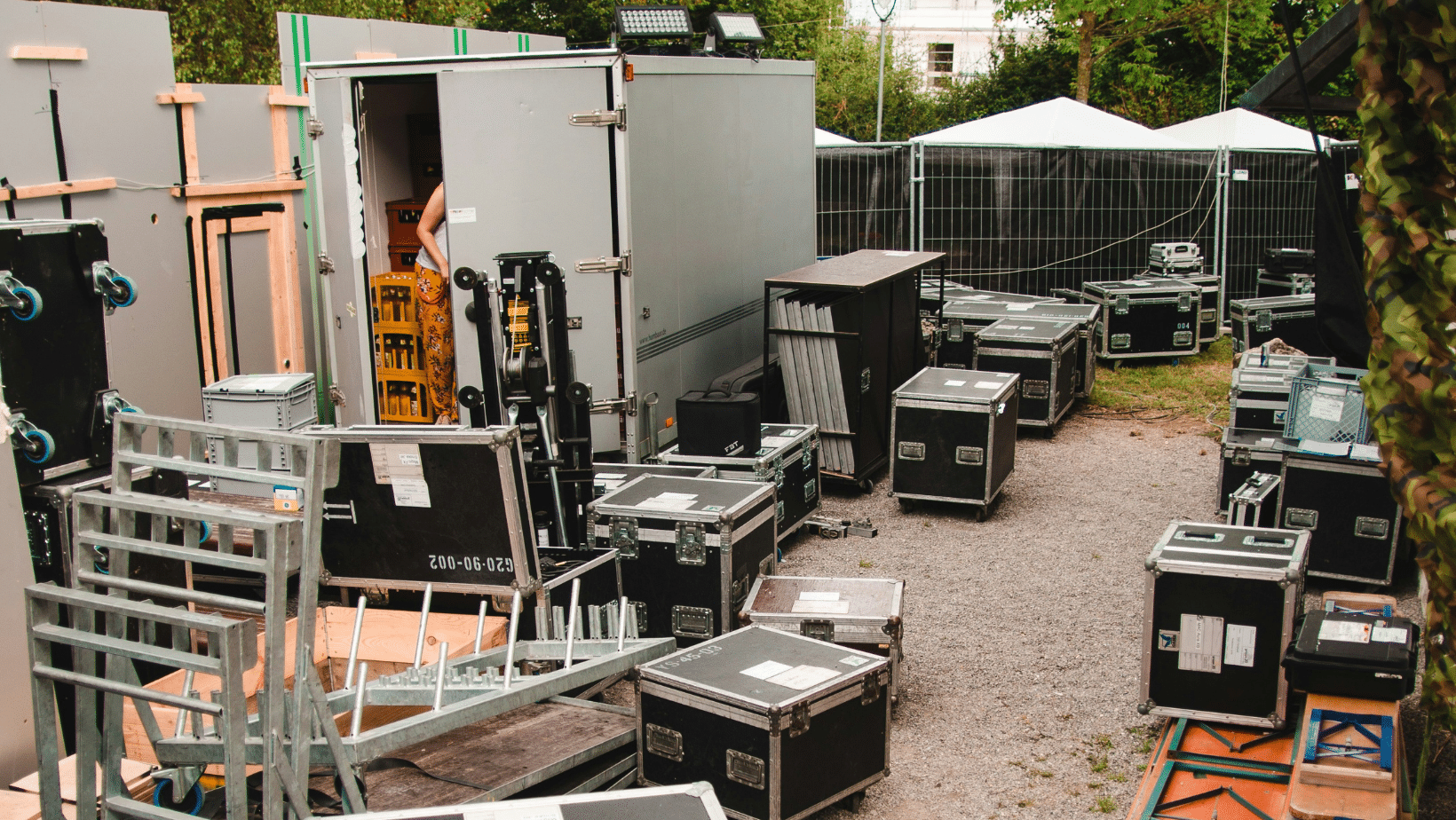The music industry is a magnet for young people, and with the NSW workforce being made up of more than half a million of them, supporting and preventing work-related harm to their mental health is essential, as this recent post from SafeWork NSW points out.
Research shows that young workers are at a high risk of:
- Being bullied
- Being peer pressured
- Experiencing harassment
- Having feelings of low job control. This means they feel a limited ability to make decisions about how and when they do their work
In 2021, 61 per cent of workers in hotel and food services and 59 per cent in retail trade reported experiencing a mental health condition. These sectors have large casual workforces, and with young workers more likely to do casual work compared to those over 25 years old, this puts young workers further at risk.
Young workers can set your business up for success
As managers or supervisors of a young worker, you have an opportunity to provide critical support during the early stages of that person’s working life. You also have a legal obligation under work health and safety laws to protect them from work-related mental health risks.
There are major benefits to creating a mentally health workplace for young workers. Young people can bring unique skills, enthusiasm to learn and fresh ideas to a workplace.
Research also shows that obtaining employment can be a very positive experience for young people and can lead to overall improvements in wellbeing. It can also reduce the likelihood of mental ill-health later in life, particularly if the workplace sets up the young person for a working life characterised by good workplace mental health.
Creating a safe and supportive workplace for young workers
There are clear benefits to creating a mentally healthy workplace for young workers. Here are a few ways you can create a safe and supportive workplace for young workers.
Manage the way jobs are designed:
- Address risk factors in your workplace that most commonly impact young workers
- Provide role clarity and monitor workloads to ensure young workers understand what is expected of them and regularly ensure they are not doing excess hours to get their work done
- Allocate enough time between shifts to allow for rest and recovery. Check in on young workers to make sure they are taking regular breaks.
Create a positive and safe work culture:
- Establish clear anti-discrimination and harassment policies and procedures for addressing harassment when it occurs
- Make sure your workplace has a zero tolerance for bullying and a workplace anti-bullying policy that is promoted by leaders and understood by everyone
- Ensure your workplace culture doesn’t encourage excessive alcohol use. Provide non-alcohol-focused alternatives for workplace bonding sessions
Provide help and support to young workers:
- Check in with young workers regularly to ensure they are performing their tasks correctly, as they may be less likely to speak up if they need help
- Foster good relationships with young workers to understand their normal behaviour. This can make it easier to identify when things have changed. If you’re concerned about someone’s mental health, there are ways to start the conversation and provide support.
- Post a list of contacts for help and support services prominently in your workplace. If young workers don’t want to talk to you, encourage them to seek support and provide referrals to a health professional



